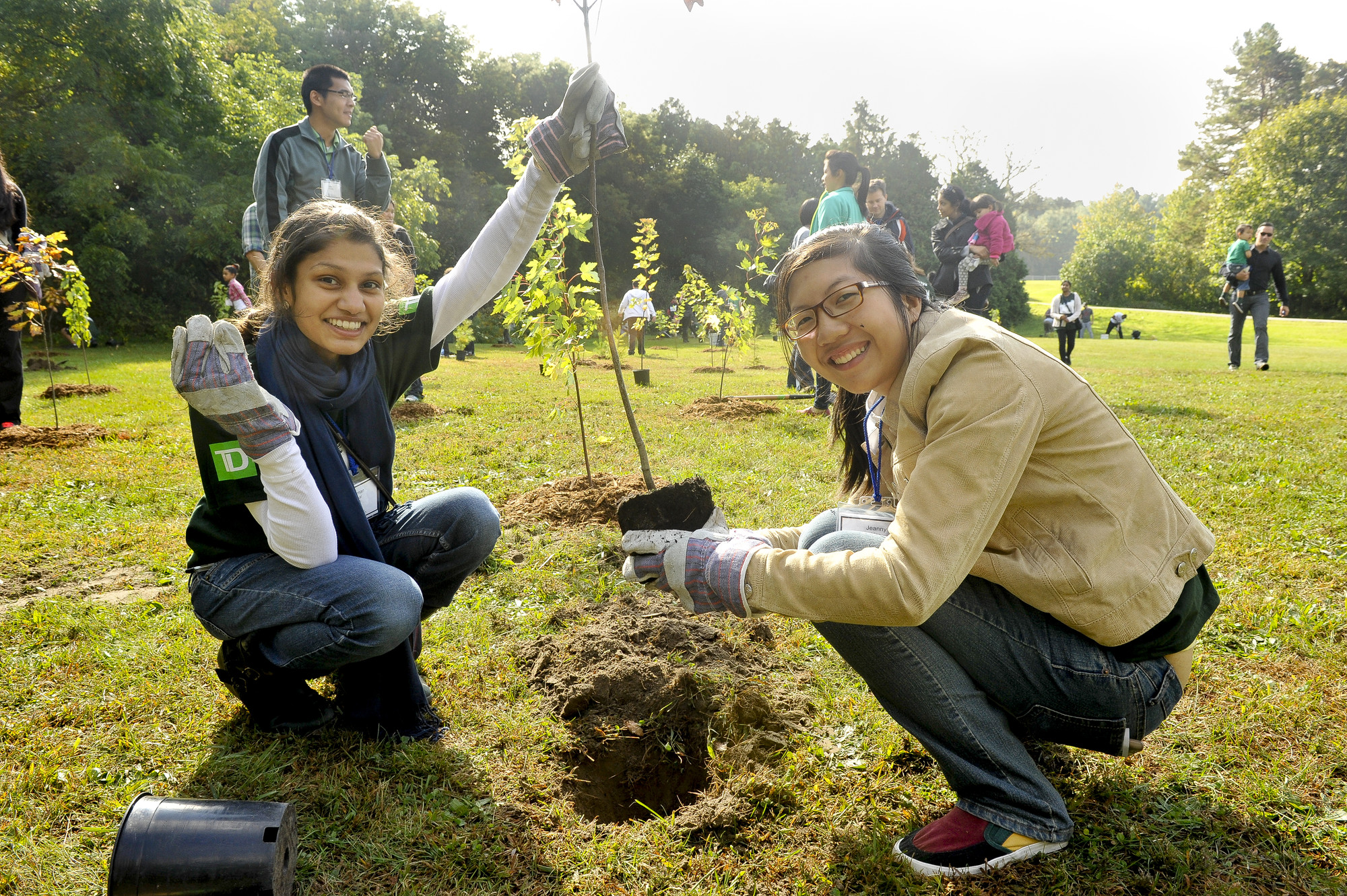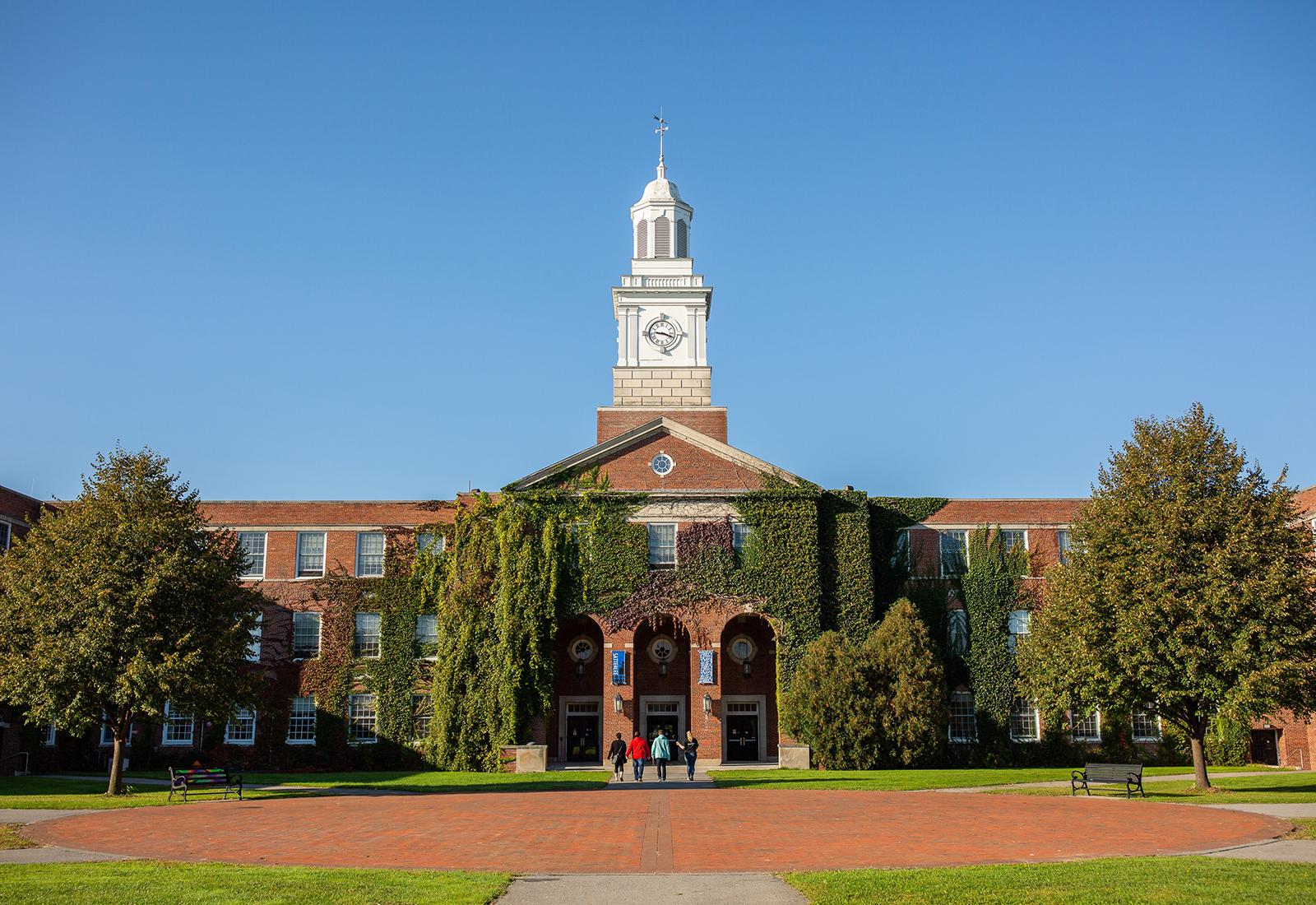The Infrastructure For Conversations About Teaching And Learning

One of the major challenges in supporting the scholarship of teaching on campus or in the disciplines, is to encourage not just those individuals who are interested in pursuing such work, but to help develop the field itself. We aim to explore the ways in which the scholarship of teaching might become positioned within the more general discourse and practice in teaching and learning. The hope, of course, is that as the scholarship of teaching is developed, it will become attractive to a larger number of faculty, and that the enterprise will ultimately raise the level of reflection about teaching and learning for all academics – teachers, administrators, and students. We can’t forget the role of students in shaping a culture of teaching and learning on campus. Their expectations about what a proper course should be can be a powerful conservative force.
The cultures of teaching will involve collaborative field work on a few selected campuses, and will necessitate a focus on probably not more than four disciplines or fields. However, it will be informed by what we hear from the many individuals, campuses, and disciplinary or professional fields in the larger program. And it will be informed by what we’re learning right now about the forums in which the exchange of information and ideas about teaching and learning in higher education currently take place. Perhaps in comparison to traditional research this is so, but the field of teaching and learning in higher education is far more active (if not very evenly distributed) than many might think.
When you start filling in the cells with examples of forums for the discussion of teaching and learning, the first thing you may notice is that they are by no means solely or even primarily campus-based. This is surely all to the good. After all, one needs national or regional meetings for sharing new work and meeting people, and as we will see there is a rather rich range of other types of forums that serve the purpose at a national level: there are quite a respectable number of journals, newsletters, funders, associations, programs, awards, and workshops. Many are available for faculty or projects without regard to disciplinary affiliations and there are a separate array of such forums available for many particular disciplinary groups. It is even possible to find a few of these national forums for specific groups of disciplines as well.
In part because these forums are national (and even international) in scope, they are fairly easy to find out about. In fact, many of these forums are advertised on their sponsor’s website or have a website of their own. We are only beginning our research, but already we have found over a hundred entries for each of the national/general and national/disciplinary cells. Understandably it’s harder for an outsider to find out about forums that are aimed at specific clusters of campuses – grouped, for example, by state or region, or by institutional type. And, of course, you really have to be on campus or talk to people there to find out about campus-wide forums designed for their faculty only. Needless to say, the hardest depths to plumb from the outside are the conversations and forums that are specific to individual departments themselves.
Most of the examples we have found of national forums for groups or clusters of disciplines are from the science, mathematics, engineering, and technology fields, in part because science education has enjoyed such generous support. However, it is the case that on occasion our colleagues in the sciences share their wealth. Surely the largest set of forums will turn out to be in those with a national scope but a disciplinary focus. These forums are also fairly easy to find on association websites, or if you talk with colleagues who are involved in the teaching and learning communities that form within virtually every discipline. Many of our examples come from recent applications because most of those interested in applying have already been involved in the variety of programs, commissions, conferences, awards, journals, and Association sections that keep these groups alive. But two cautions: these worlds can be quite marginalized within the discipline and they can be quite divided within themselves. There is a whole distinct field of educators who contribute to refereed journals for case studies and case research in professional education in management and business administration.
The other thing worth saying here is that it’s really misleading to put all this activity in one cell because there is not too much communication sometimes between these disciplinary teaching and learning groups. Forums for groups or clusters of campuses aimed at faculty across the discipline are often organized by collaborations of member campuses. For faculty from clusters of campuses in a single field there are sessions at meetings sponsored by regional sections of national disciplinary associations. One might also mention forums sponsored by state branches of national organizations. We have not yet found examples of forums organized for faculty from clusters of campuses, in clusters of disciplines, but surely we will.
On the campus level, a lot is going on – especially for faculty from across the fields of study. Teaching and Learning Centers sponsor a variety of campus-wide events and virtually every campus offers teaching awards. We’ve found several forums for colleagues from groups of disciplines organized on a school or college level. Indeed, one activity that may be valuable for campuses embarking on campus conversations is to locate where such discussions are taking place.
That’s the outline I wanted to share with you today. Of course, it mentions only a bit about structure and touches neither these forums’ content, quality, or “centrality” to the larger enterprise in the department, college or university, or discipline. Nor have I talked yet about some of the very interesting questions relate to flow between forums. In this regard, journals, conferences, workshops, and listservs are surely important among campuses; and certainly the teaching and learning centers contribute to flow within a campus itself. And we can’t forget the travelers, Nor can we forget the many faculty developers and regular faculty who travel to workshops and sessions on campuses and at meetings around the country.
Many questions arise. How does this infrastructure for conversations about teaching and learning compare with others in scholarly life? Is it as rich, as diverse, as serious? Do its participants treat the enterprise with the same gravitas? Can one characterize these groups of scholars that form around teaching and learning as discourse communities? What would we need to do to foster broader participation in these conversations, or to foster new discourse communities among a broader range of college and university teachers?
Clearly, building discourse communities around the scholarship of teaching and learning is a task that has many challenges but also much to build upon. As our survey of forums shows, there are already many places where faculty meet to discuss teaching and learning – generically, in their own and related fields, and at their own and other institutions. Many of these discussions may already be squarely within the scope of what we are calling the scholarship of teaching and learning, some will be open to “infusion” by such ideas as inquiry, a literature, documentation, or peer review. Others will be closed. Some faculty will be intrigued to learn how much good work is going on. Others will be dismissive – finding that the conversation lacks the requisite level of intellectual energy and exchange. The idea of the scholarship of teaching and learning aims to enrich these conversations, expand their scope, and make them attractive to faculty with the highest expectations.







